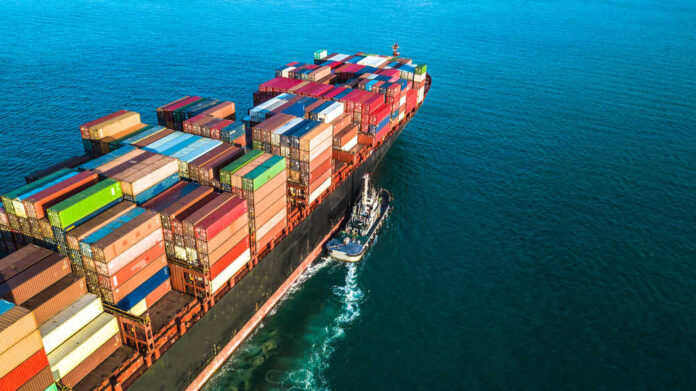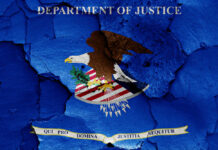An ex-captain of commercial marine vessels who has frequented the port of Baltimore detailed the steps to take in the event of a cargo ship technical failure.
The most recent information from the office of the governor of Maryland confirms the Dali cargo ship went dark and sent out a mayday signal before colliding and destroying the Francis Scott Key Bridge.
The bridge collapsed when many cars and personnel were on it. Two individuals were retrieved from the water, with one being listed in critical condition, according to authorities. Six individuals are still missing.
Varney & Co.’s interview with former Cpt. Klaus Luhta revealed that these occurrences usually include human errors, mechanical faults, and maybe a security problem. At first sight, it seems to be a technical glitch. There are situations in which a ship’s loss of propulsion leaves you with no choice except to abandon ship. As far as anyone could tell, this was one of those disasters beyond their control.
Luhta clarified that when the ship leaves the port, acceleration enables efficient maneuvering under a bridge and through channels. Therefore, a propulsion breakdown probably happened when the speed increased. The video gives the impression that it was doing that.
When it comes to operating vessels, these captains are among the best trained anywhere, especially in the Port of Baltimore. According to Luhta, this means they are prepared to handle such situations.
On July 11, 2016, the Dali, a 984-foot ship, was damaged in an accident while attempting to unmoor from the Port of Antwerp. Grace Ocean Private Ltd. owned it, while Synergy Marine Group, which was involved in the DEI progressive social structure, ran it. The result was severe battering to the ship’s transom and stern.
Despite suffering breaches at the waterline and substantial damage at its berth, the ship was reportedly still afloat and would need repairs.
The Singaporean owner of the cargo ship took legal steps to lessen its legal obligation on April 1st.














